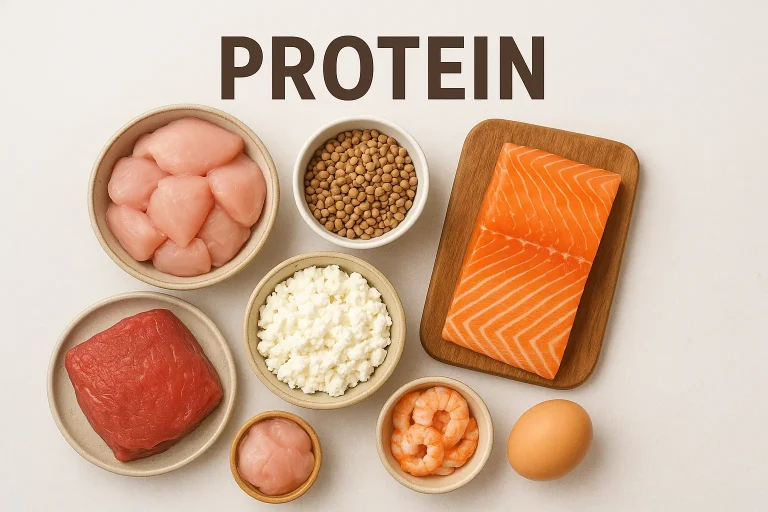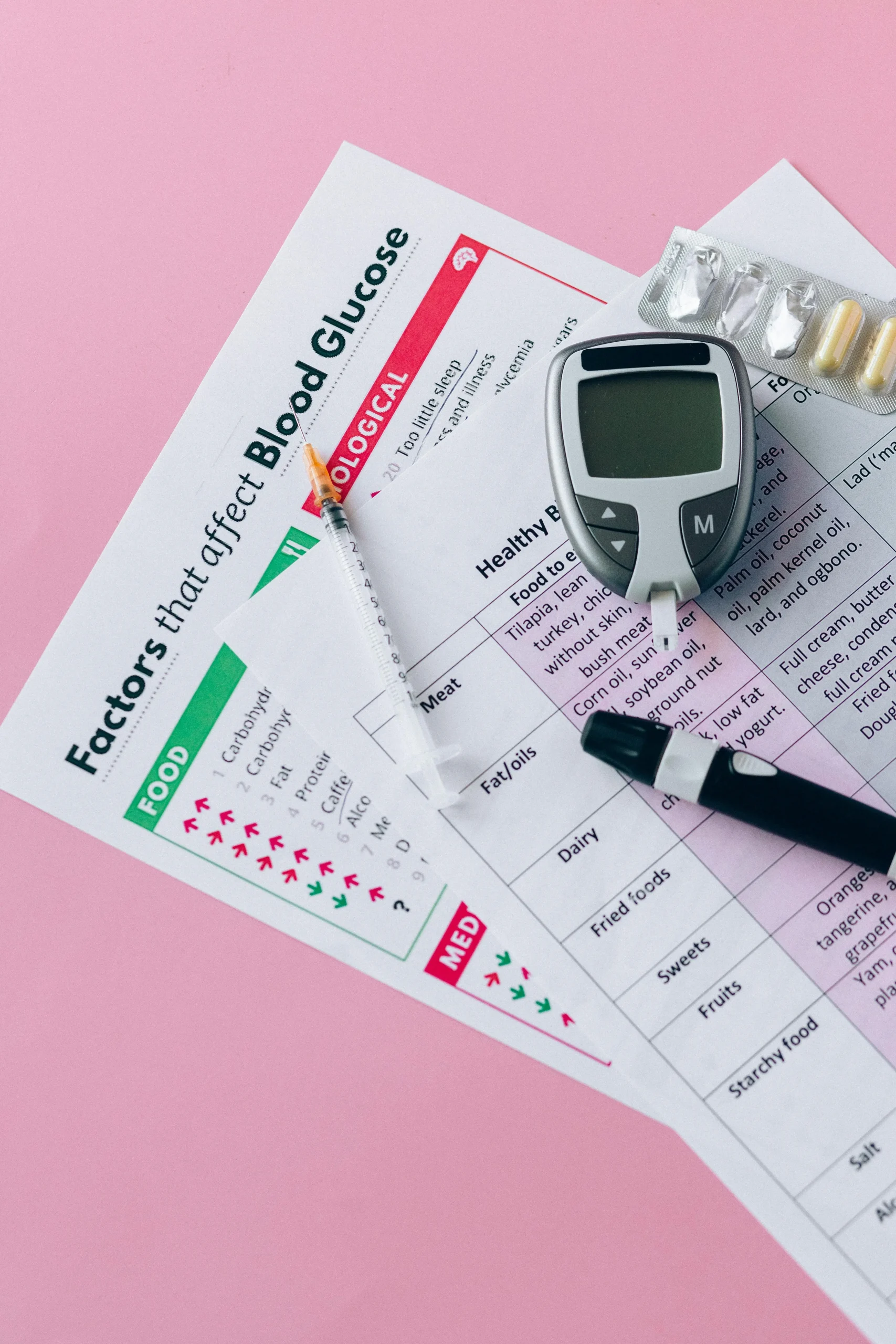Coffee is a beloved ritual for millions. It sharpens focus, boosts mood, and fuels workouts. But timing matters. Drink it too late, and it can sabotage your sleep. Drink it too early, and you might miss its full energising potential. Understanding how caffeine interacts with your body’s natural rhythms can help you enjoy coffee without compromising rest.
Here’s how to time your coffee intake for optimal energy and restorative sleep.
How Caffeine Works in the Body
Caffeine is a central nervous system stimulant. It blocks adenosine a neurotransmitter that promotes sleepiness making you feel more alert. Once consumed, caffeine peaks in the bloodstream within 30–60 minutes and has a half-life of about 5–6 hours, meaning half of it remains active in your system for hours after consumption.
This lingering effect is why late day coffee can interfere with sleep onset and quality. Even if you fall asleep, caffeine may reduce deep sleep and increase nighttime awakenings.
The Best Time to Drink Coffee
Many people reach for coffee immediately after waking, but research suggests waiting a bit may be more effective. Cortisol a hormone that naturally boosts alertness peaks 30–45 minutes after waking. Drinking coffee during this peak may blunt its energising effects and elevate cortisol further.
By signing up, you agree to receive emails from RealFit Wellness. You can unsubscribe anytime. See our Privacy Policy.
Your Weekly Wellness Boost
Ideal coffee window:
- Between 9:30 AM and 11:30 AM for most people who wake around 6:30–7:30 AM
- Avoid caffeine within 6–8 hours of bedtime to protect sleep quality2
If you wake later or have a different chronotype, adjust your coffee window accordingly. The goal is to align caffeine intake with your natural energy dips not override them.
How to Time Coffee Around Workouts and Meals
Coffee is a proven performance enhancer. Caffeine increases endurance, reduces perceived effort, and boosts fat oxidation during exercise. But timing it right matters.
Pre-workout:
- Drink coffee 30–60 minutes before training for peak performance
- Avoid pairing with high-fat meals, which may slow caffeine absorption
Post-workout:
- Skip caffeine if training close to bedtime
- Hydrate with water or electrolytes instead
With meals:
- Coffee may interfere with iron absorption, especially from plant-based sources
- If iron is a concern, drink coffee between meals rather than with them
How to Minimise Sleep Disruption
If sleep is a priority, caffeine management is key. Here’s how to reduce its impact:
- Set a caffeine curfew: No coffee after 2 PM if bedtime is around 10 PM
- Switch to decaf: Decaf still contains small amounts of caffeine, but far less
- Track your sensitivity: Some people metabolise caffeine slowly and need longer cutoffs
- Watch hidden sources: Tea, chocolate, and pre-workout supplements also contain caffeine
- Create a wind-down buffer: Avoid screens and stimulants 60–90 minutes before bed
If you’re struggling with sleep, consider a short caffeine reset to recalibrate your sensitivity.






